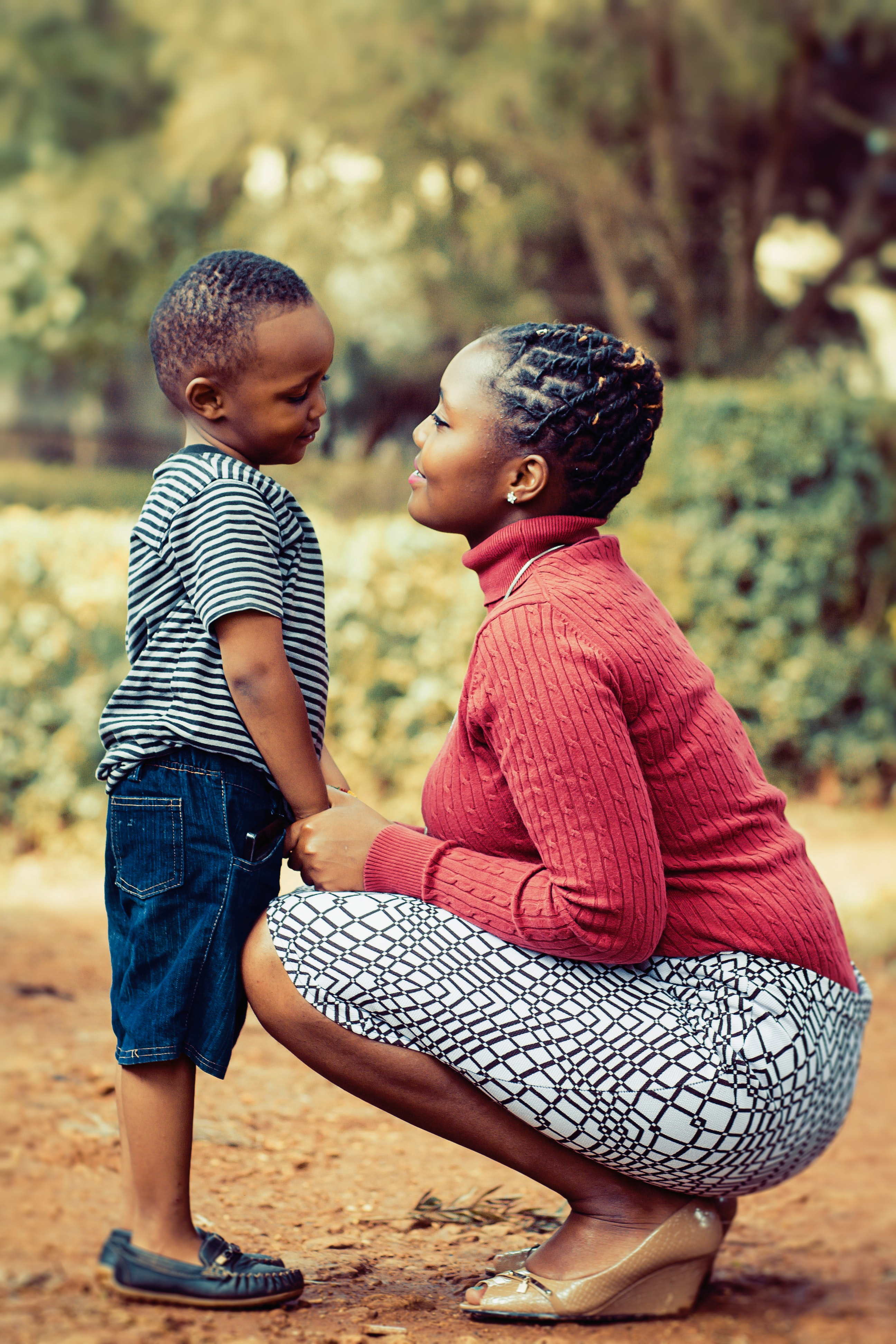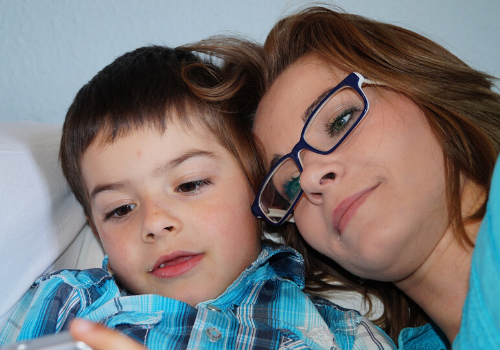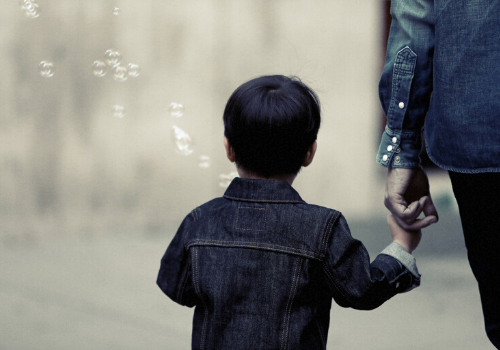Nearly all of us have been impacted by coronavirus in some way.
Major sporting events and conferences have been canceled. Travel bans issued. Theme parks closed. Schools and universities shuttered.
We are all feeling uncertainty and anxiety.
So how do you talk to children about Coronavirus (COVID-19) and what is happening?
1. Remain calm
It's not healthy for you or your child to talk about coronavirus when you are both anxious and stressed. Children feed into our body language and verbal cues. Pause and use a calm tone when you are ready to talk and listen to their concerns.

2. Invite your child to ask questions
Ask your child how they are feeling and what's on their mind about COVID-19. This will give you a baseline on their current mood and the opportunity to hear about what your child knows or doesn't know about the COVID-19 pandemic. Here are some facts from the Centers of Disease Control and Prevention to help with your discussion.
If they're older, teach them where to get credible health information. The CDC, the World Health Organization, state and local health departments, or the Johns Hopkins Resource Center are all good resources.
3. Focus on helping your child feel safe
Make sure your child knows you are there to protect them and keep them safe, and their fears or anxieties are valid feelings.
Inform them many experts are working together to keep everyone safe and healthy and resolve this pandemic. And while many people have gotten very sick, many who have gotten the disease have recovered. Most cases of COVID-19 in children have been mild.
Talk to them about COVID-19 symptoms: fever, cough, and shortness of breath are three of the most common.
Let them know doctors can help them if they do get sick.
4. Tell them what they can do
Teach them how to protect themselves and others: proper handwashing techniques, avoiding close contact with other people, covering coughs and sneezes, cleaning surfaces and objects, and staying home when they are sick are all important. Explain it in a way that helps them understand they are an active part in protecting their friends and family from COVID-19.
5. Identify emotional or behavioral changes
Fears, stress, and anxieties can manifest differently in each child, from emotional outbursts to defiant behaviors to indifference.
If your child has anxiety about their school being closed, assure them that social distancing is a temporary situation and it is necessary to help everyone stay healthy. Explain how staying home and away from large groups helps prevent spreading COVID-19 to their friends, teachers, and many other people. Reassure them your family will adapt and manage the disruption, and they will eventually go back to school.
Help ease your child's sadness from not seeing their friends by connecting them over the telephone or video call. Social distancing does not mean social isolation. Encourage everyone in your social circle to stay connected to friends and family during this period, via phone, text, or social media.
6. Be honest
Because COVID-19 is new, there is quite a bit of information still unknown. If your child asks a question you don't know the answer to, don't feel bad about not being able to answer. Just be honest. Explain that medical and scientific experts are still learning about COVID-19. Let your child know you don't have the answer, but you will try to find out the correct information from credible resources. Try researching their questions together or watching a video like BrainPOP or reading a comic book about COVID-19.
7. Don't scare them
COVID-19 is scary enough for all of us. Younger children do not need daily statistics about how many people are sick or dying around the world or in your state. This information may scare them even more. As time goes on, more people will get tested so there will be more cases confirmed.
It might be a good idea to limit constant television news reports, websites, social media, or radio updates as well to prevent information overload and anxiety.
Children may also hear false information from their friends. Parents can correct misinformation to avoid spreading rumors and discourage scary fantasies. See WHO COVID-19 Myth busters for some great help.
8. Keep a routine
If children are home from school, help them manage uncertainty by sticking with a routine. Continue routines like mealtimes and bedtimes and stay on track with any virtual schooling. Give them extra attention, love, and cuddles. Spend this time together focusing on family by playing board games, cooking together, and reading together.
Make sure your child gets some outdoor playtime. Fresh air is good for the entire family! Take a hike through the woods and look for birds or wildflowers.
9. Help keep their immune systems strong
Remind children of ways to keep their body and mind healthy. Eating fruits and vegetables, staying hydrated, getting 8-10 hours of sleep, limiting screen time, and physical activity will help keep tiny immune systems strong to fight illnesses like COVID-19.
10. Foster kindness
Your child may have seen news reports about people hoarding or fighting over supplies. What does this teach them about preparedness, community, and helping others?
Take this opportunity to teach your child it's okay to be scared, but panic is not healthy. If you have extra supplies, show your children how they can support others in their community by sharing and giving help to people who are in need.
Remember, COVID-19 is a virus that causes disease and it does not discriminate. Be kind and respectful to everyone.
Things are changing rapidly in our communities and will continue to evolve in the coming days and weeks. Let your child know you will keep them informed and they can continue to come to you with questions. Your love and reassurance is great medicine for your children!
Cookie Suarez is the publisher of Macaroni Kid Buckhead-Midtown-Brookhaven, Ga.


